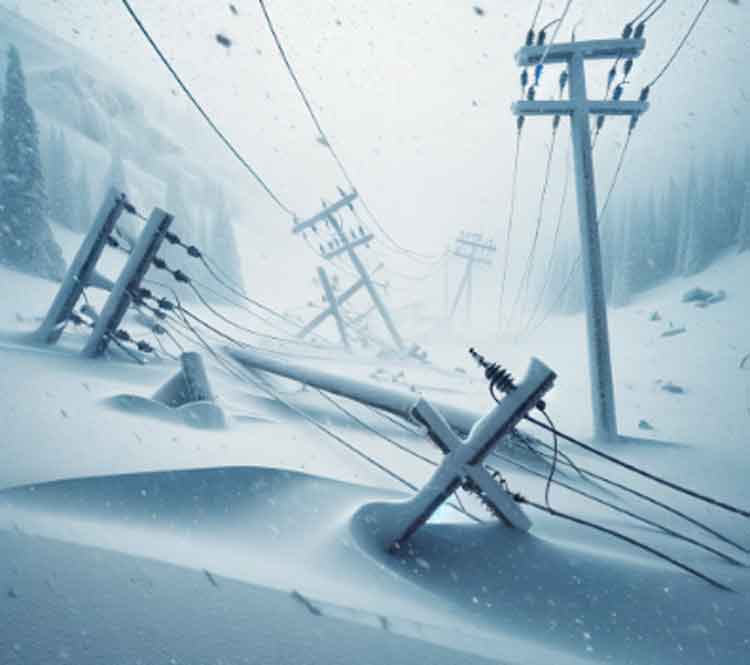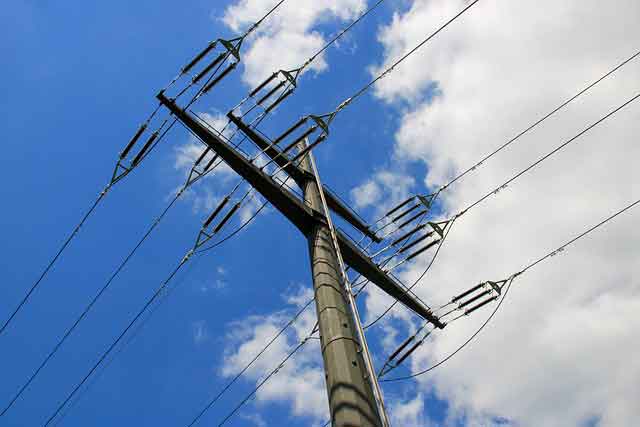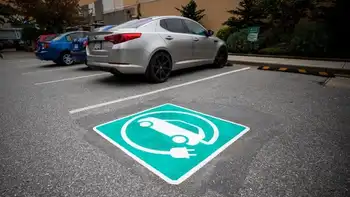Power protests in Bangladesh
By United Press International
NFPA 70e Training
Our customized live online or in‑person group training can be delivered to your staff at your location.

- Live Online
- 6 hours Instructor-led
- Group Training Available
Hundreds of people stormed a power office in Narayanganj, a town outside Dhaka. At least 50 people, including policemen, were injured.
Protesters blocked roads and railways, with similar violent protests reported in northwestern Rajashahi and six other towns.
"Attempts to destabilize law and order by protesting about issues of power, gas and water will be dealt with strictly," Home Minister Sahara Khatun told reporters after an emergency inter-ministerial meeting, Press Trust of India reports.
She said the government would make "maximum efforts" ensure uninterrupted supply of water, electricity and natural gas, particularly during the month of Ramadan, which began, adding that it would depend "on the capacity of relevant departments."
Only about 40 percent of Bangladeshis have access to electricity, with frequent power outages the norm across the country.
Water shortages are also a problem. The 2010 Global Annual Assessment of Sanitation and Drinking Water by the World Health Organization states that more than 30 million people in Bangladesh do not have access to safe drinking water.
Prime Minister Sheikh Hasina blamed the country's power crisis on the former BNP-Jamaat coalition government, saying that it had kept the power sector in a fragile state.
"During our previous tenure from 1996 to 2001, we have raised the country's power production to 4,300 megawatts from 1,600 megawatts and undertaken various projects to raise generation up to 5,500 megawatts," The Daily Star quoted her as saying.
But when the BNP-Jamaat government assumed office, she said, it didn't take the initiative to raise power production.
"Rather, they had destroyed the vital sector through looting and mismanagement that increased sufferings of the people," she said.
Hasina said her administration has added 1,000 megawatts of electricity during the last year and a half and has taken steps to increase power production by setting up new plants and repairing old ones.
"We are making all out efforts to improve the situation to minimize sufferings of the people," the premier said.
Bangladesh signed a landmark 35-year power transmission agreement with India last month to import 250 megawatts of electricity starting from late 2012.
In May, Bangladesh and Russia signed a framework agreement for Bangladesh's first nuclear plant, expected to produce at least 2,000 megawatts of electricity by 2020.











